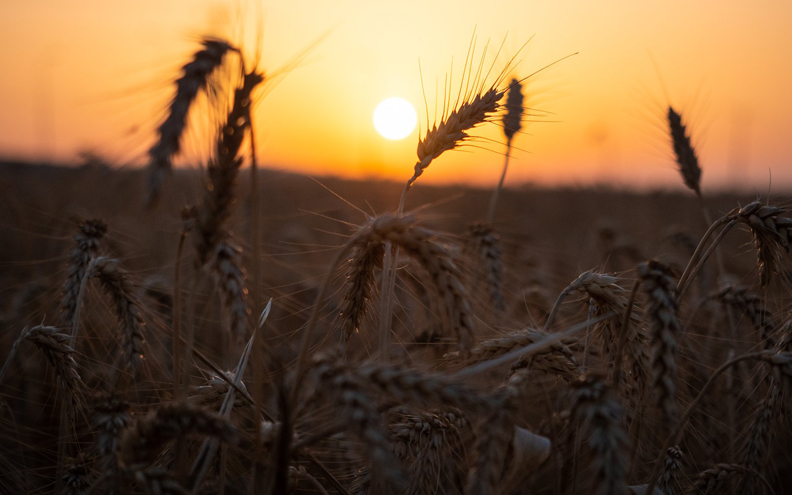God’s Grace and Harvest

The golden wheat fields of Israel are more than just a symbol of harvest—they reflect a deeper spiritual reality that speaks profoundly to our hearts. Scripture tells us, “The harvest is plentiful, but the laborers are few” (Matthew 9:37). This is why we are called to pray to the Lord of the harvest, asking Him to send workers into His field. We are living in a significant season—the time of Shavuot, one of God’s appointed festivals. It is a celebration of the giving of the Torah, the first fruits, and the harvest itself. Shavuot opens the way to the Promised Land and reminds us of God’s continued favor.
Shavuot is a time when we feel the nearness of God in a special way. As it is written, “She had heard in the fields of Moab that the Lord had visited His people and given them food” (Ruth 1:6). Today, we see the Lord once again visiting His people, sustaining them not only with physical bread but also with spiritual nourishment. “Man shall not live by bread alone, but by every word that proceeds from the mouth of the Lord” (Deuteronomy 8:3). It is this word that strengthens us to move forward, even through deserts and difficulties.
The story of Ruth is a profound illustration of the relationship between Israel and the Church. Ruth left her homeland and her people to follow Naomi, declaring: “Where you go, I will go; your people shall be my people, and your God, my God” (Ruth 1:16). Her commitment is more than emotional; it is a prophetic act of devotion. Ruth represents the true Church—born of the Spirit, drawn to the God of Israel, and stepping into the fullness of its calling by reconnecting with its Hebraic roots.
The Church cannot step into its full identity apart from Israel. The doctrine of replacement theology—which claims the Church has taken the place of Israel—contradicts Scripture. God has not rejected His people; rather, He has preserved a remnant, as He did in ancient times. Israel and the Church are both part of God’s redemptive plan, destined to move forward together in unity.
When Ruth gleaned in Boaz’s field, she didn’t know that the entire field would one day belong to her. This is a powerful image for us today. We often settle for spiritual leftovers, unaware that the Lord has already given us the whole field. We are heirs of God and co-heirs with Messiah Yeshua. The field is already ours. Through His finished work on the cross, we have received not only forgiveness, but healing, restoration, the breaking of curses, and the fullness of our spiritual inheritance.
Boaz, who became Ruth’s kinsman-redeemer, is a foreshadowing of the Messiah. Like Boaz, Yeshua did not merely redeem us—He restored us to abundant life. Scripture says, “Christ redeemed us from the curse of the law by becoming a curse for us” (Galatians 3:13), “He made Him who knew no sin to be sin for us, that we might become the righteousness of God in Him” (2 Corinthians 5:21), and “Though He was rich, yet for your sake He became poor, so that you through His poverty might become rich” (2 Corinthians 8:9). These are not abstract ideas—they are tangible spiritual realities we are called to live in each day.
Shavuot also reminds us of the outpouring of the Holy Spirit and the beginning of a new era—an age of harvest and witness. Yeshua said, “You will receive power when the Holy Spirit has come upon you, and you will be My witnesses in Jerusalem, and in all Judea and Samaria, and to the ends of the earth” (Acts 1:8). That call remains unchanged. He still waits for those who will respond, “Here am I, Lord, send me.”
The harvest is ready, and each one of us is called to be a laborer in the field. May our eyes be opened to the grace we already stand in. May our hearts fully embrace the blessings given to us in the Messiah. May the grace of God increase in our lives—and may the harvest be great, in the name of Yeshua. Amen.
Pastor Oren Lev Ari
